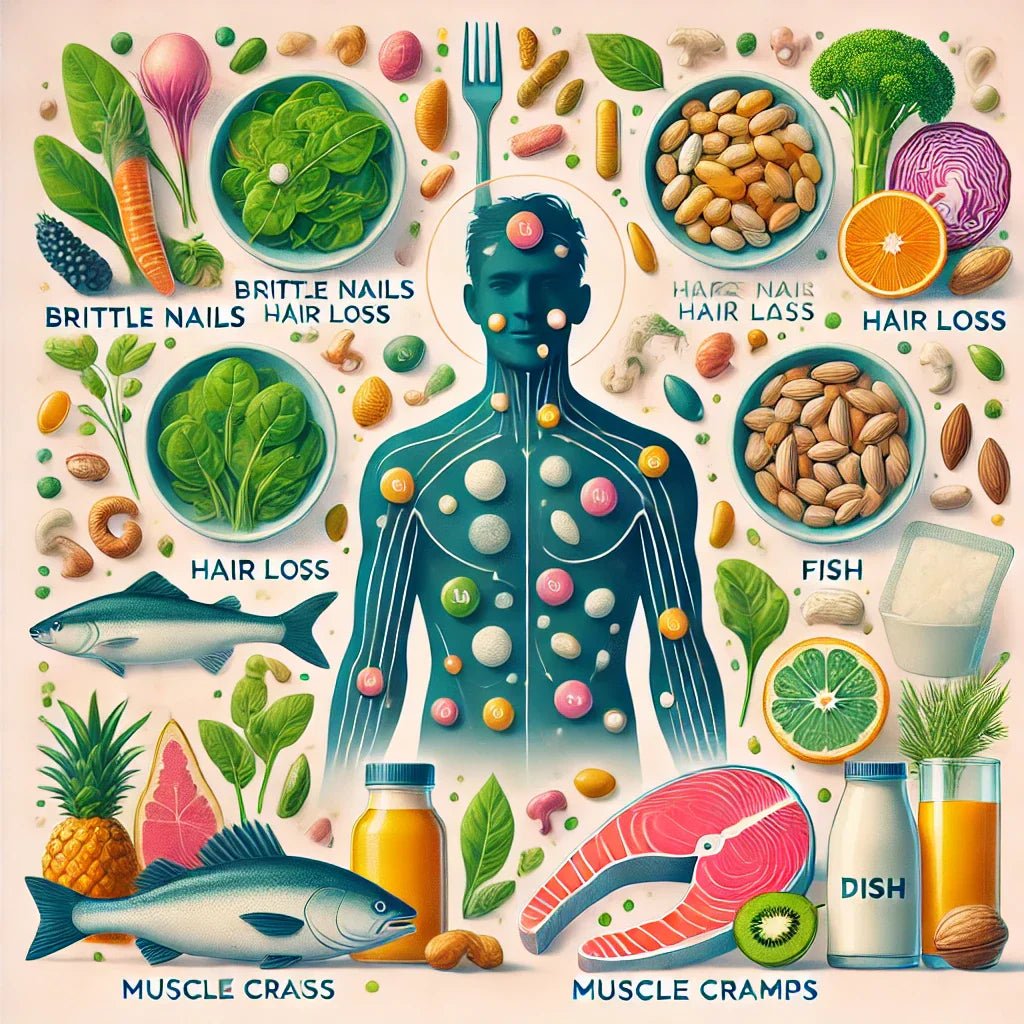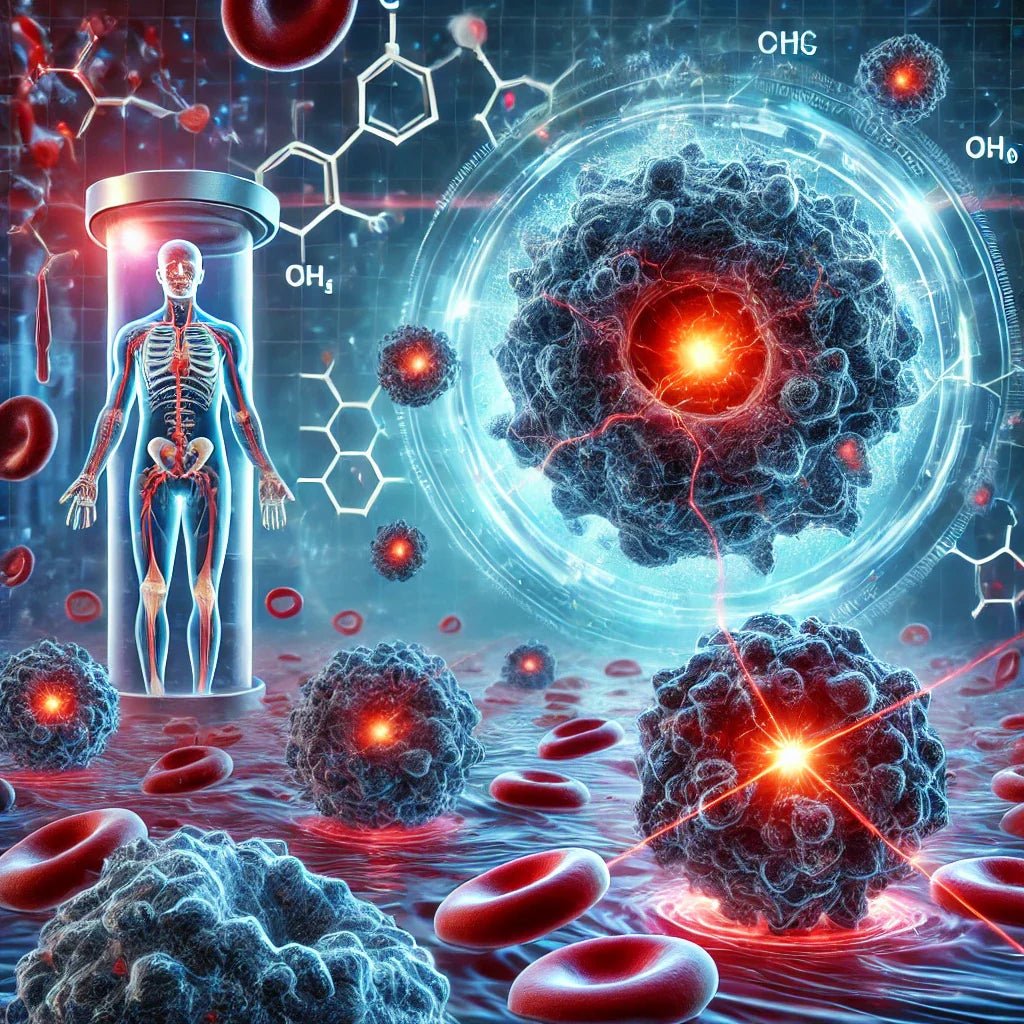Cancer can have a very diverse impact on a person's sexuality. It depends on many factors, including the type and stage of the disease, the type of treatment used and the individual characteristics of the patient and psychological support - both from specialists and the patient's relatives. Cancer may affect physical and hormonal changes in the body, decreased energy, chronic fatigue, changes in appearance, stress, emotional changes or self-esteem, body image and interpersonal relationships. All the areas indicated above may have a greater or lesser impact on sexuality.
Some types of cancer and treatments can lead to physical changes that may affect sexual function. They can, but they don't have to - remember that each case is different, so generalizations are subject to a large margin of error. However, to use specific examples, surgery to remove genital organs may have a significant impact on experiences related to sexuality. Other treatments - such as radiotherapy (especially in the genital area) or chemotherapy - may be equally important and may result in pain, vaginal dryness or erection problems. The desire and appetite for physical intimacy and sex may also decrease [1] .
Some types of cancer and their treatment may affect hormone levels. Examples of treatments that influence hormonal changes include removal of the ovaries, surgical treatment of breast cancer or targeted hormonal therapy. This type of treatment may affect both the level of desire and sexual function [2] .
Cancer and its treatment usually lead to decreased energy and increased fatigue. It is often accompanied by changes in appearance, such as weight loss, hair loss, or scars after surgery. It is worth remembering that sexuality has various dimensions and may also include building a sense of security and attractiveness. Sex is not prohibited for cancer patients - unless it is a cancer related to the reproductive organs.
Undoubtedly, it may be difficult for loved ones to realize that a person suffering from cancer often feels unattractive and defective. The change in self-perception affects the feeling of increasing stress and deepening depression of mood. This is a difficult moment both for the sick person and for their loved ones. A person suffering from oncology has every right to closeness - it is worth talking about their needs and concerns [3] . It may be helpful to formulate messages as direct as possible - e.g. "you can touch me", "don't be afraid to touch me, it doesn't hurt me", "it's important to me, I want you to keep touching me", or "I want you to as little as possible has changed between us. I have to go to the doctor, I have to take medications, but let everything else be as it used to be, I need your touch as much as before (or even more than before).” Cancer may affect self-esteem, body image, interpersonal relationships, and perception of one's sexuality. Some patients may feel a sense of loss, fear of rejection, shame, difficulty communicating with a partner or difficulties in finding their way in a new reality after the diagnosis.
It is important that patients talk to their doctors about all problems related to sexuality - there are various strategies, therapies and treatment methods that may be helpful in dealing with the new challenges presented by the disease. Many patients also use the help of psychologists, sexologists or patient support groups [4] . Problems related to sexuality affect the quality of life and should not be treated marginally. Sexual health is important, and when problems arise, it is worth contacting specialists and asking for help.
Monika Kaszuba
[1] Dębska G., Samochowiec J. (2017). Sexual problems in the course of cancer. Psychiatria Polska, 51(6), pp. 1127-1138
[2] Lemańska A., Skrzypulec-Pinta V., Łuszczak M, et al. (2013). Sexual function in women after breast cancer treatment. “Medycyna Ogólna i Nauki o Zdrowiu”, 19(4), pp. 395-400
[3] Kowalski P., Filipiak M., Krajewski P. (2016) . Reproduction and sexuality of oncology patients. Nursing Polish, 2(60), pp. 175-178
[4] Sobolewski M., (2018). Sexuality of patients with cancer of the reproductive organs - recommendations of the European Society of Oncology (ESMO) and other scientific societies. Ginekologia Polska, 89(2), pp. 103-107






